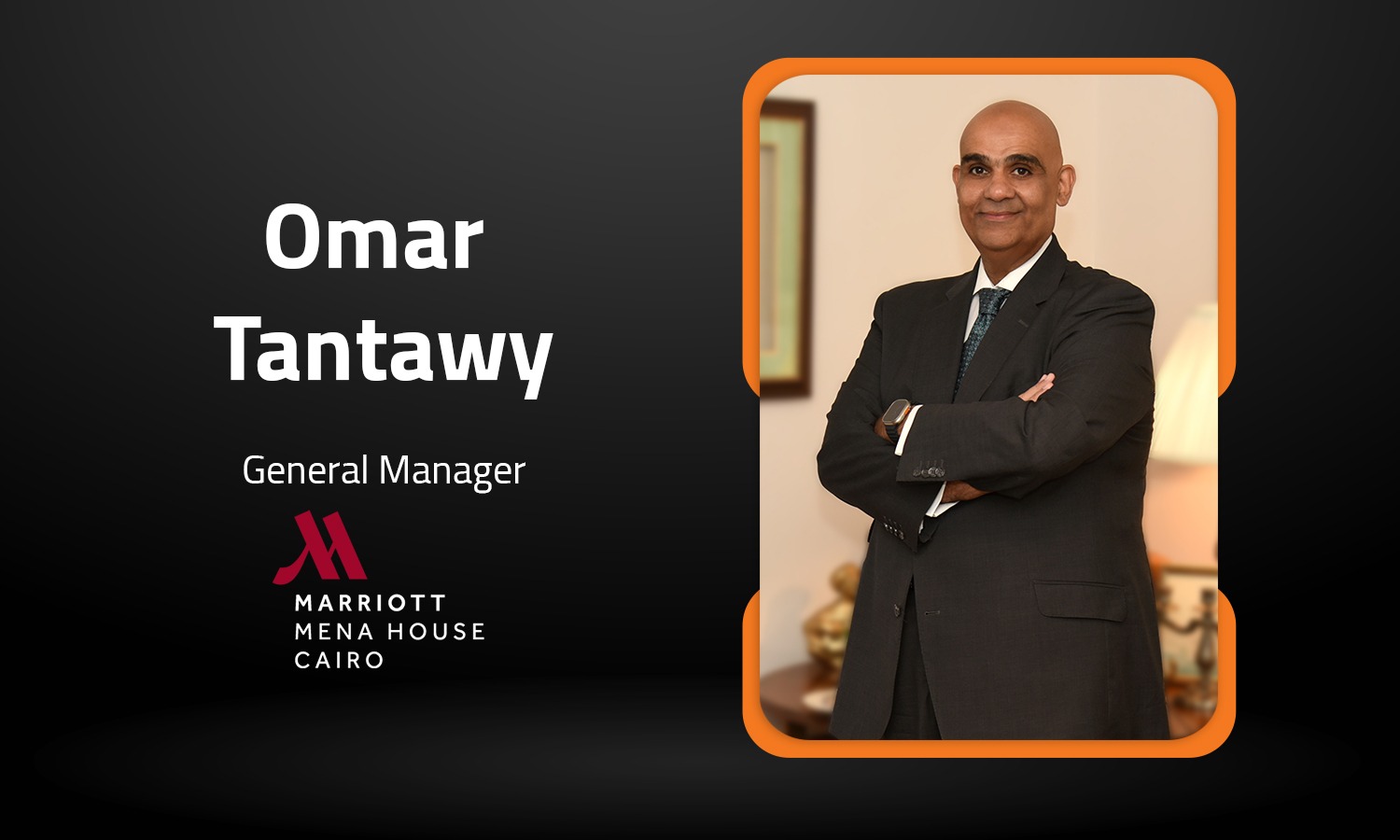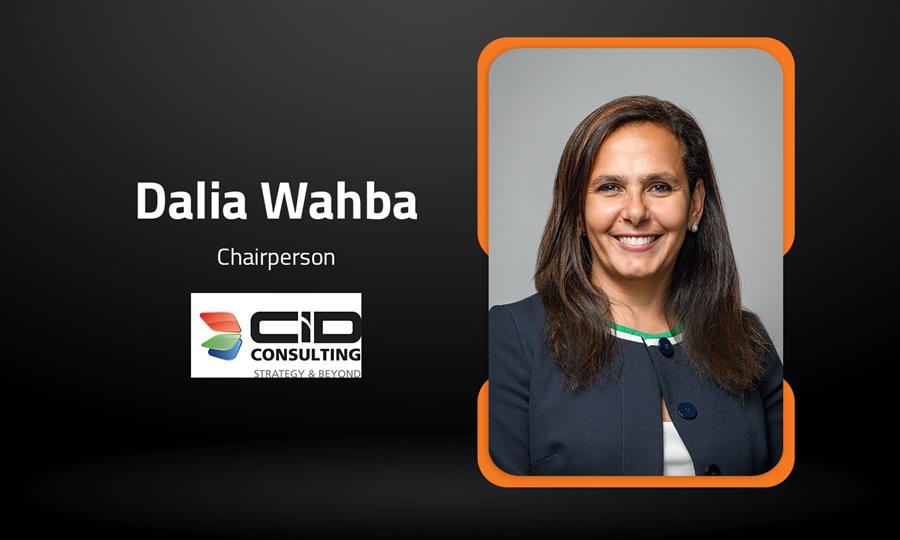Compass Capital: Successful Investments and Strategic Approach
Updated 7/11/2023 8:00:00 AM
Arab Finance: Private Equity in Egypt plays a vital role in the country's economic landscape, although it has not reached its full potential yet. With a focus on regional expansion and strategic partnerships, private equity firms like Compass Capital are driving growth and innovation. By investing in promising companies and aligning their interests with local partners, private equity firms contribute to job creation, market development, and overall economic stability.
Hence, Arab Finance had an exclusive interview with Shamel Aboul Fadl, Founder and Chairman of Compass Capital, and Tarek Abel-Rahman, Managing Partner, in which both delve into the world of Compass Capital, the investment philosophy and portfolio of the company, and its expansion plans.
1-Can you tell us about Compass Capital, its current investment portfolio, and its investment philosophy?
Compass was founded in 2010 as a private equity firm. Today, it has evolved into two main lines: alternative asset management and merger and acquisition (M&A) advisory practices. The alternative asset management practice has three main asset classes: commingled opportunistic private equity, real estate investment, and private investment in public entities (PIPE).
Our current portfolio includes Rameda in private equity, Bonyan in real estate investment, and a soon-to-be-launched PIPE fund with a leading local investment bank.
The philosophy is twofold: identifying opportunities where there is a clear, unmet investment need while leveraging our skillset and capability as a management team.
2-What are the sectors that the company operates in?
In line with our strategy, in real estate, we focus on commercial and logistics assets that are yielding rather than on the real estate development market. In private equity, we are sector-agnostic; however, we have a blacklist of companies that we do not invest in. Specifically, companies that are primarily driven by exogenous factors outside the company's control, such as companies whose value driver is commodity prices.
3-How does Compass Capital evaluate potential investments, and what are some of the key criteria that it looks for in potential portfolio companies?
The market in Egypt is not very deep, and as such, we have not had the chance to be sector specialists. We remain agnostic regarding private equity, but as mentioned before, we shy away from industries where we cannot add value or where our value is premised on price or conditions that are completely outside our control. We look at all available opportunities but are very selective in what we close. To give you an idea, we have analyzed more than 140 deals and only invested in three. In those three investments, we had more than 30 bolt-on acquisitions. We have a size criterion where we need companies to be large enough to have the ability to attract talent and create the required management structure, yet small enough to be agile and nimble to grow fast. Currently, our sweet spot is an enterprise value (EV) between EGP 1 and 2 billion.
4-How does Compass Capital approach financial restructuring and operational turnaround transactions, and what are some of the challenges involved in these deals?
By nature of when we started and our size at the time, we chose to focus on companies that were not contested in terms of buyers and where we had a strong possibility of closing. That was mainly the buyout and turnaround space in PE. There were no players focused on that area, nor did they have the interest or skillset to tackle it. It turned out to be a very interesting space that fit with our structure and capabilities. Today, we continue to focus on that space. The challenge with those types of deals is that it requires heavy lifting, and there is an additional layer of complexity in that it is not a successful enterprise to start off with; thus, you have the regular market challenges plus challenges that are usually self-inflicted related to brand, structure, talent, capital structure, etc. As compared to investing in regular growth capital, the main factor to determine if you should move forward with an acquisition is price, as most other aspects are usually well functioning. In our case, the factors are more complex than price alone.
5-Can you provide an example of a transaction that required capital flexibility, and how did Compass Capital successfully execute this deal?
When acquiring the latest real estate portfolio for our fund, the transaction, at the time, was for close to $100 million and had to be structured through a mix of equity, debt, and a deferred payment instrument.
6-Can you share with our readers the company’s financial performance last year?
We have been fortunate that historically, for all our portfolio companies, each year has always been a record in terms of revenues and net income. In 2022 specifically, the numbers even outstripped our previous year quite significantly. Rameda is a publicly listed company, and therefore its numbers are public. As for the real estate portfolio, it is currently private.
7-How does Compass Capital ensure that the interests of all stakeholders are aligned in the investments it pursues, and what are some of the challenges involved in achieving this alignment?
We pride ourselves on being principals along with our investors, which means we invest a significant part of the transaction from our funds. In addition, the bulk of our compensation is performance-based, so we only make returns when the investors make positive returns. On the company level, we align the interests of the management of the portfolio companies with those of the shareholders through stock option programs.
8-Can you provide an example of a successful investment that Compass Capital has made, and what were some of the key factors that contributed to its success?
One of our successful investments was in a pharmaceutical company, Rameda, in 2011, buying 100% of its shares. Despite facing significant challenges given that the acquisition was concluded on January 19th, 2011 (one week before the revolution), namely political turmoil and economic hardship, Compass doubled down on its growth and restructuring plan and executed a three-pronged development plan focusing on human resources, product development, and capacity building. We had originally acquired the company for EGP 178 million and over the investment period, until the time of exit, Compass invested more than EGP 500 million into Rameda to implement expansion and acquire new medicines. This strategic approach resulted in a sales boom and a threefold increase in production capacity. By 2019, the company’s market value had grown 20x, leading to a highly profitable exit for our investors.
9-How do you see the competition in the Egyptian market in your sector? And how do you differentiate yourself from other private equity firms?
Egypt has seen increased activity in private equity over the last five years. We have seen many local and regional funds active in Egypt. However, we still think there is a lot of room for more funds to operate. That increased activity is very healthy for the market, as it is making companies and founders more comfortable dealing with private equity as an asset class. Having said that, not all funds focus on the same sector within PE; some focus more on growth capital for small and medium-sized enterprises (SMEs), others on venture capital (VC), and only a few focus on buyouts and, to an even lesser extent, turnarounds.
10-In your opinion, what is the role of private equity in the Egyptian market?
Private equity (PE), while still nascent in Egypt, plays a crucial role in providing an alternate source of capital to founders and investors, either to exit or grow their businesses. In the current environment where initial public offerings (IPOs) are increasingly difficult to execute, private equity remains the main source of exit and growth capital. In addition, PE provides a different perspective on how to grow the company in a structured manner.
11-What effect do you anticipate the present economic situation and the currency devaluation will have on investments?
It is a tough environment to conduct transactions given the uncertainty and high cost of money. On the other hand, we are fortunate that all our funds and investments are EGP-denominated, so on this front, we have not been seriously impacted. We believe well-chosen transactions struck during challenging economic times have a very high potential to provide significant risk-adjusted returns. Our ethos is that we make our money buying, not selling. In addition, the asset class we focus on, real estate, is negatively correlated with devaluation.
12-Do you have any plans to expand regionally or at least explore regional investments?
We are always eyeing regional expansion. However, private equity is a very local business; you need to have your ears to the ground to identify the off-market opportunities, and being on the ground also allows the PE to add value to these opportunities. Recently, in 2022, we have taken a conscious approach to partnering up with firms locally where we share the same values and can complement each other on value creation. I believe that the right partnerships in the markets that we want to be in would be the best entry strategy for us.
Related News










